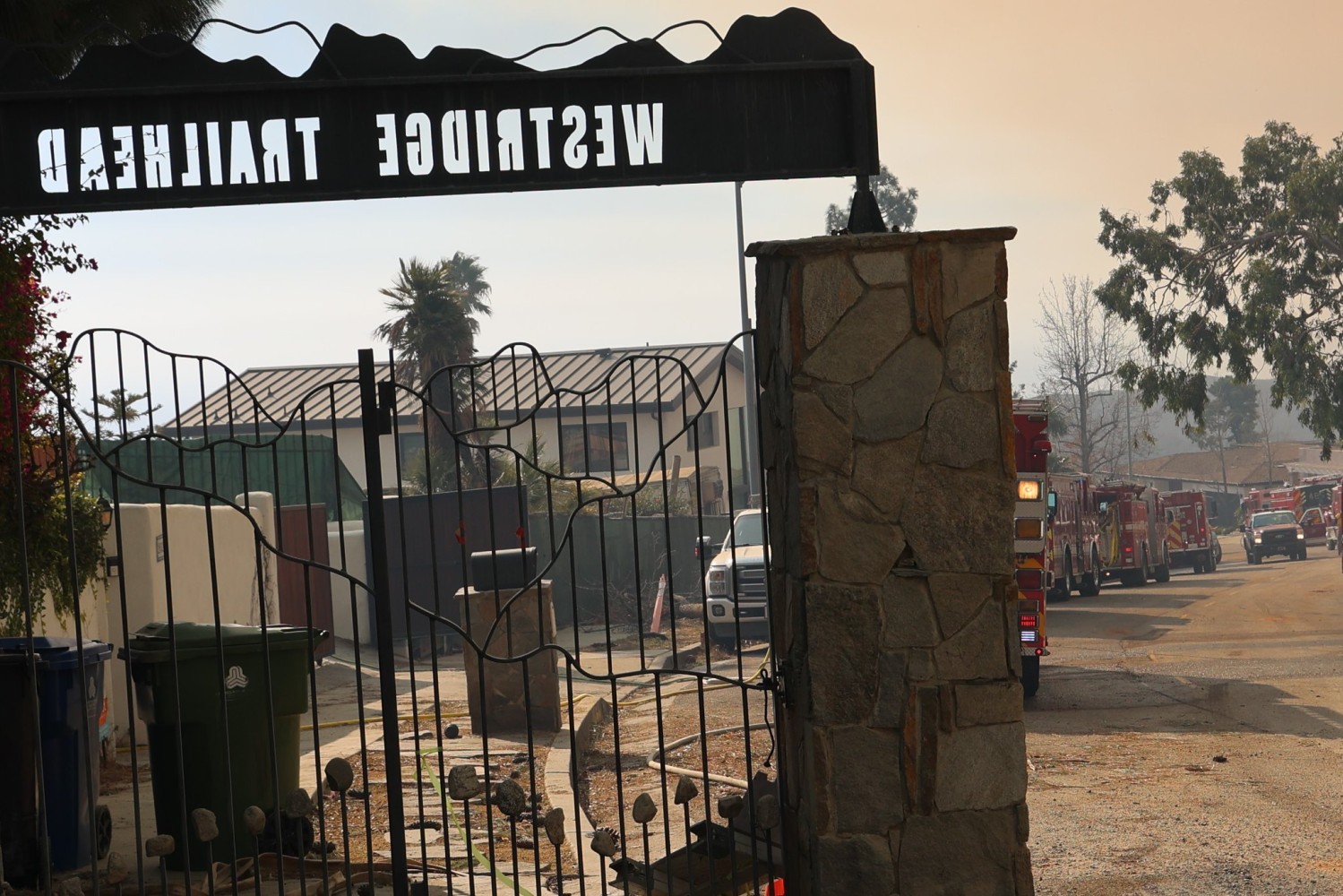The many negative stories represent aberrations, revealing nothing at all typical about public employees in California. Yet, they have turned public opinion against civil servants so severely that it will be difficult to pass any of the current spate of tax increase proposals, no matter who might back them or bankroll them.
That’s the political reality created when a newspaper digs up information on the fired head of the housing authority in California’s largest city quietly getting $1.2 million after being fired earlier this year.
It get more intense when that news follows on the heels of headlines about University of California regents doling out raises between 6.4 percent and 23 percent to 12 high-ranking administrators and lawyers already paid more than $200,000 per year. The rationale for this move is at a time when students are paying about 40 percent more in tuition and fees than five years ago, while class offerings have been cut back substantially. The regents say they must grant raises or they might lose valuable talent to private industry or other colleges.
Voters can put up with frequently seeing road repair crews taking it easy on construction sites during work hours. They quietly endure long lines at the Employment Development Department and other government offices. They shrug at potholed streets and rough highways in a state whose roads were once the smoothest anywhere.
Those are all annoyances, but the ideas of unreasonably high pay and overly generous pensions are now paired and they fuel rising resentment against public employees of all types.
Especially when headlines reveal big bucks going to undeserving figures like that fired housing official or already well-heeled administrators like those the UC Regents.
At a time of high unemployment and slow economic recovery, actions like these generate the perception that public employees have it better than those who work for private business, with more job security and better pensions and benefits.
In fact, for more than a year, there’s been a steady barrage of newspaper and blog reports about public employees fattening up on taxpayer dollars. These stories don’t change the fact that public employee pensions actually average well under $30,000 per year in California, with many retired public workers getting no Social Security. The common perception also ignores the fact that laid-off public employees make up a substantial portion of California’s unemployed, right about 10 percent at last report.
Mundane facts like those will never be attention grabbers. Stories about indicted, ousted, and sometimes criminally overpaid officials of cities like Bell and Vernon will always get far larger headlines.
The same for the more than 30 prison doctors and mental health professionals who have been paid about $8.7 million in the past five years for essentially doing nothing. All have collected six-figure state salaries while the wheels turn on disciplinary proceedings. One has drawn more than $200,000 a year for acting as an in-house mail courier.
Voters have also read of prison guards already paid high wages drawing overtime to sit in hospital rooms with paraplegic convicts, who by law must be guarded around the clock even if they’re too crippled to get out of bed, let alone run away.
Some voters also wonder why UC regents never test their theory about needing to hand big raises to people already getting top dollar. Why not, they wonder, refuse raises to UC and California State University bigwigs and then see how many really do get other offers? It’s a good bet that in these hard times, many won’t. Next time the issue arises, maybe the regents could grant big raises only to employees who actually have another offer or two.
And voters have seen the state Supreme Court ruling in an Orange County case which strictly limited local government’s ability to cut health care benefits for retirees, many of whom don’t have to pay for Medicare or its sometimes-expensive supplement plans. In that case, Orange County officials argued they could reduce benefits because they never explicitly promised to leave them untouched at high levels.
Uh-uh, said the court. You granted the benefits and kept them going for years, so you implied you would keep them up. That, said the justices, is as good as a binding promise.
Put it all together and it’s no wonder many voters believe they are worse off than the public employees they pay
As long as that’s what a large part of the public believes, it will be hard anytime soon for anyone to pass any kind of tax increase beyond the local level.












